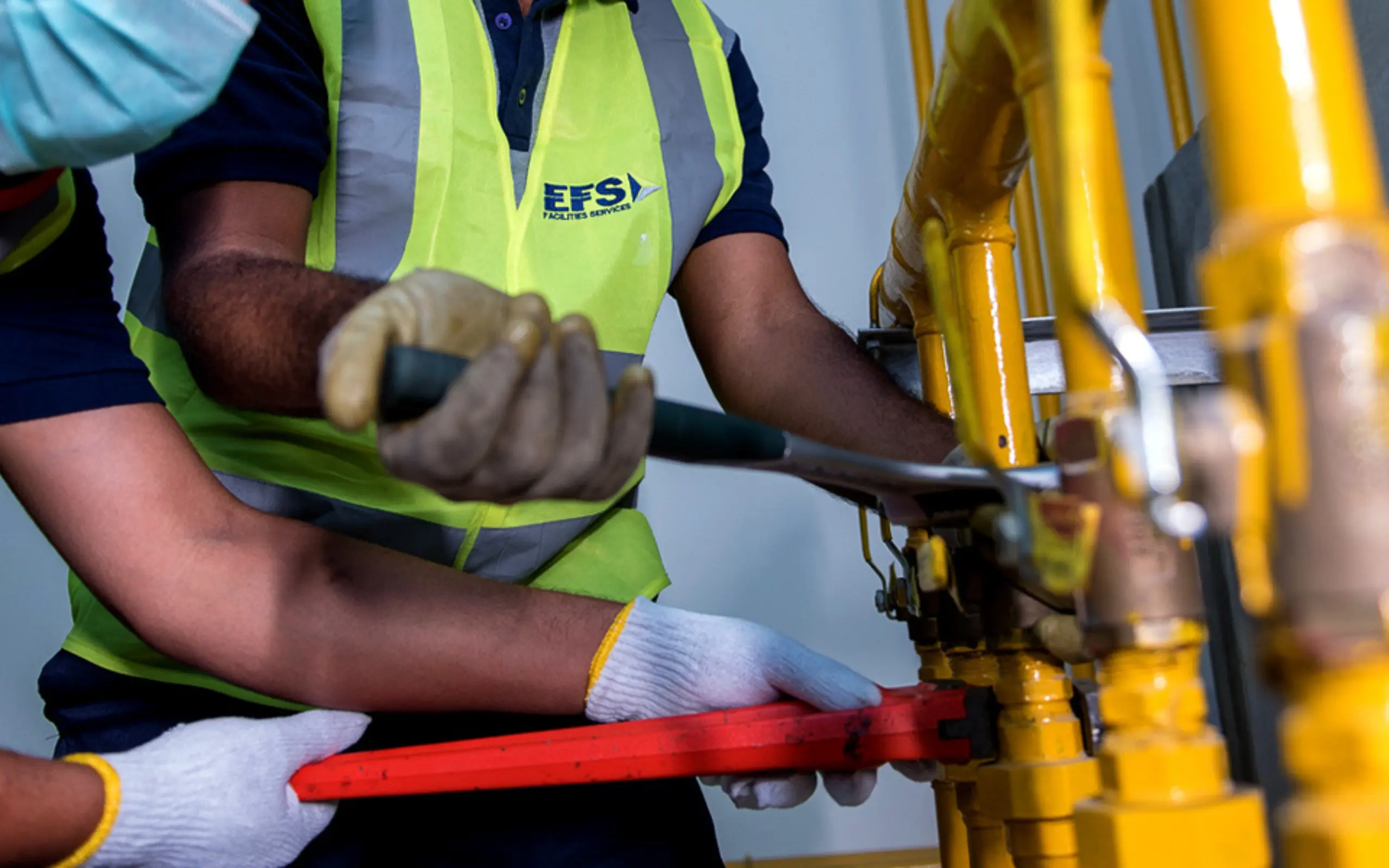
The U.A.E. continues to pioneer and champion the creation of a sustainable environment that will positively serve future generations for decades to come. Abu Dhabi and Dubai, inspired by the commitment and passion of country’s visionary leaders, have made rapid strides in introducing a regulatory framework that encourages a sustainable, eco-friendly urban infrastructure through greater accountability and stringent requirements.
The recently announced Al Safat building ranking system continues the tradition of forward-thinking initiatives by the government and stimulates the renewed focus on energy savings, reducing carbon footprints and enhancing the long-term feasibility of Dubai’s real estate assets (through comprehensive building fitness assessments and necessary remedial steps) to comply with the ranking system.
The ambitious programme envisages a scientific ranking of buildings in four categories (platinum to bronze), as assessed on a number of parameters based on water and power consumption, the type of materials used and overall carbon footprint of buildings. Buildings in Dubai will now have to achieve a minimum bronze certification to be deemed fit for use.
The ambitious program ultimately aims to achieve a 20% reduction in electricity consumption, 15% reduction in water consumption, 20% lower carbon dioxide emissions and 50% lesser waste across the emirate in the next five years.
Integrated Facilities Management (FM) services can play a critical supporting role in helping landlords and owners achieve the coveted gold or platinum ranking on their existing assets, as well as provide consultative services on upcoming projects to help developers ensure compliance with the stringent requirements for each level of certification.
There are three traditional areas that largely contribute to inefficient resources, excessive consumption and significant emissions in existing buildings. Air conditioning systems are an area of concern, with costs spiralling as they become older and improperly maintained.
Water usage patterns in building are consistently dependent on the quality and health of the plumbing systems installed. Wastewater is also not recycled adequately for tasks (such as landscaping and others), which don’t require potable water. Waste management is inadequately planned and its disposal (either through the use of service lifts or trucks) consumes unnecessary resources simply because waste segregation doesn’t take place at the source.
A holistic, multi-pronged approach is needed to address the new requirements for owners and landlords of existing buildings as well as developers of upcoming projects. It’s the right time for developers and landlords to introduce industry best practices and procedures that comply with government regulations and norms. The industry also stands to reap benefits by enhancing the longevity of buildings and assets through implementing corrective measures.
FM service providers can offer comprehensive building fitness reviews on existing buildings by analyzing and assessing a building’s overall condition, taking into account factors such as internal and external structural integrity, and the stability of elements such as water seepage and leakage, heating and cooling, and the efficiency of electrical systems.
Timely and planned preventive maintenance of existing building infrastructure can achieve significant energy savings by optimizing the consumption of resources such as water and electricity and eliminating the need for costly replacements of core components due to poor maintenance. Energy costs typically constitute 50-60% of a building’s overall operational costs and adopting modern technology and practices can save as much as 15% in exceptional cases.
Abu Dhabi and Dubai’s remarkable progress in real estate has been somewhat hampered by the region’s high service charges and costs. The new building ranking paradigm will transform the operational costs for buildings and assets for the long-term and lead to a surge in real estate activity. Of course, the system must be constantly monitored and tweaked to achieve a gold or platinum certification, which are crucial to the long-term sustainability of the regional real estate industry.
The success of the initiative might motivate similar initiatives in other major construction markets across the GCC, such as Doha and Riyadh, who have also embarked on the path to a sustainable future. And the industry stands ready to help support the region achieve its long-term ambition of creating a greener, sustainable tomorrow.
Source: Forbes Middle East